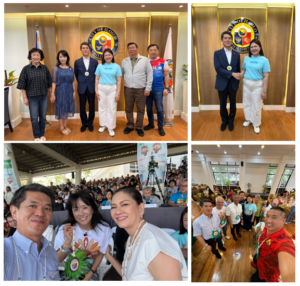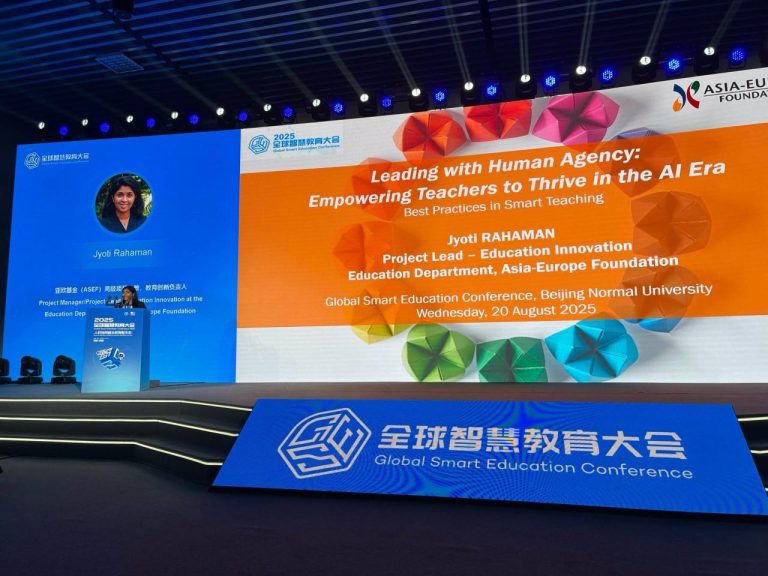
(Article drawn from ASEF eNewsletter)
The Asia-Europe Foundation (ASEF) led the Forum on Best Practices on Smart Teaching at the recent Global Smart Education (GSE) Conference in Beijing, China.
Co-organized by the Beijing Normal University and the UNESCO Institute for Information Technologies in Education (IITE), this year’s GSE Conference gave ASEF the platform to reaffirm its commitment to promoting educational innovation across Asia and Europe.
ASEF shared its perspectives on the role and impact of artificial intelligence (AI) in education, particularly in the context of fostering innovation in teaching and learning across secondary, high and vocational schools.
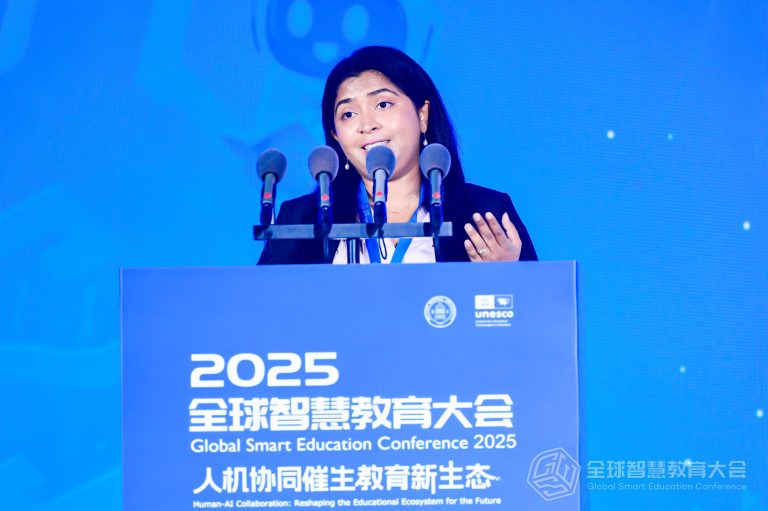
In her keynote on “Leading with Human Agency: Empowering Teachers to Thrive in the AI Era,” ASEF Education Department’s Education Innovation Project Lead Jyoti Rahaman highlighted the pivotal role ASEF plays to empower teachers and teacher trainers, especially in the context of the rapid technological advancements such as AI that are reshaping how education is delivered and received.
She introduced the audience to ASEFClassNet’s innovative model of peer-driven professional development, highlighting how its Communities of Practice (CoP) foster collaborative learning among educators. This approach is seen to cultivate a supportive environment where teachers can exchange expertise, knowledge, reflect on ongoing teaching practice, and collectively enhance their professional competencies.
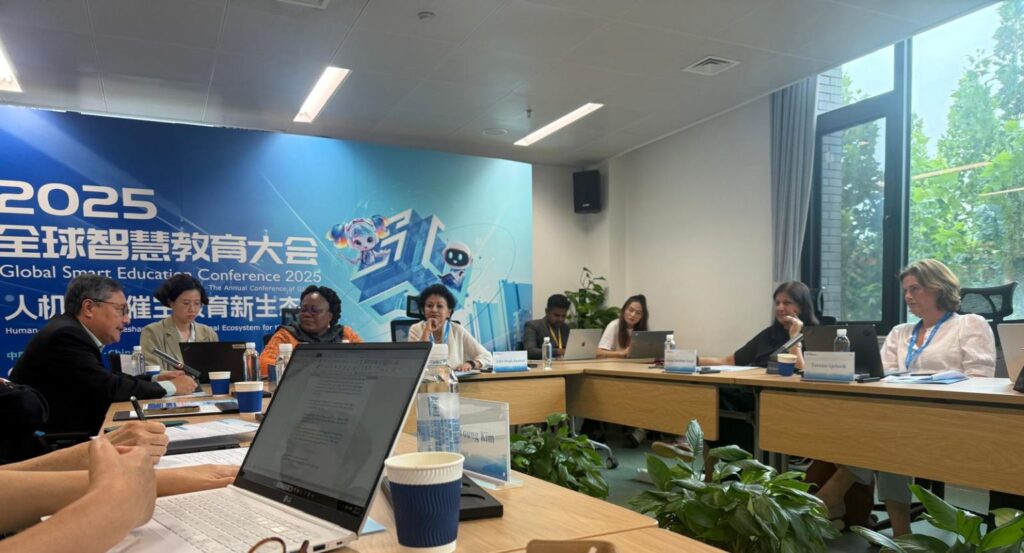
Rahaman also spoke at a close door roundtable on “Women’s Leadership in the AI Era” where she highlighted creating space and opportunities for women to share their work on AI and AI in Education. She also highlighted the importance of early STEM education and STEM career exposure to ensure more female participation in AI-driven innovation in societies.
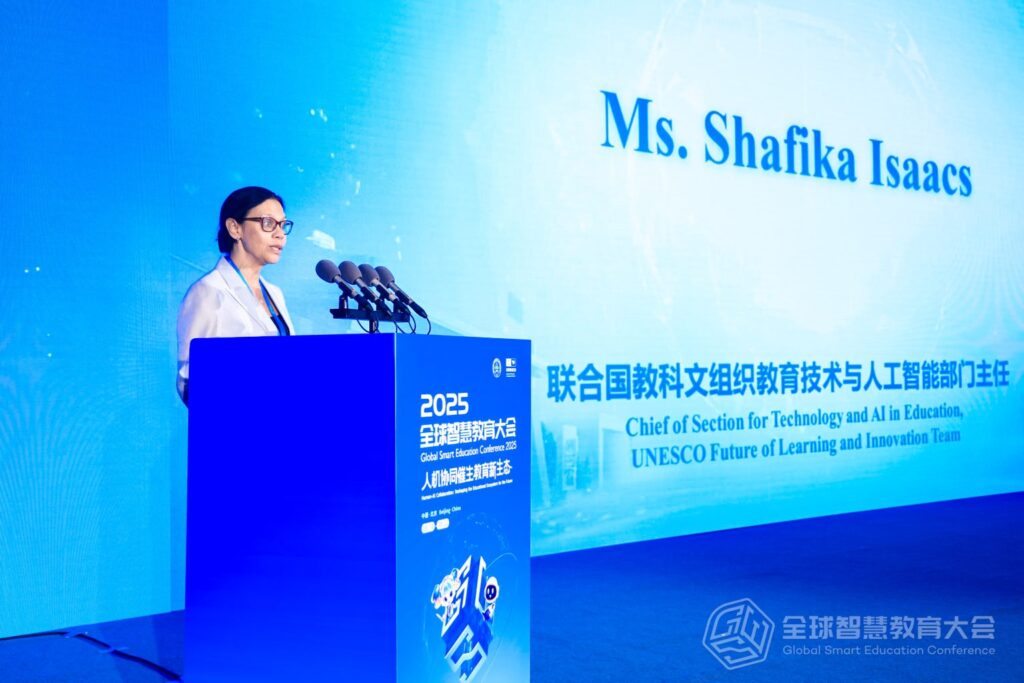
For her part, Dr. Shafika Isaacs, Chief of the UNESCO Unit for AI and Education, emphasized that the future of AI-driven educational innovation must be rooted in a human-centric and inclusive vision. She called for approaches that not only leverage technological advancement but also uphold principles of equity and social justice.
Dr. Isaacs underscored the importance of ensuring that AI in education serves all learners—especially those historically marginalized—and contributes meaningfully to building fairer, more resilient education systems for the future.
The GSE Conference convened global thought leaders, educators, and technology experts, with over a thousand participants from China and abroad.

